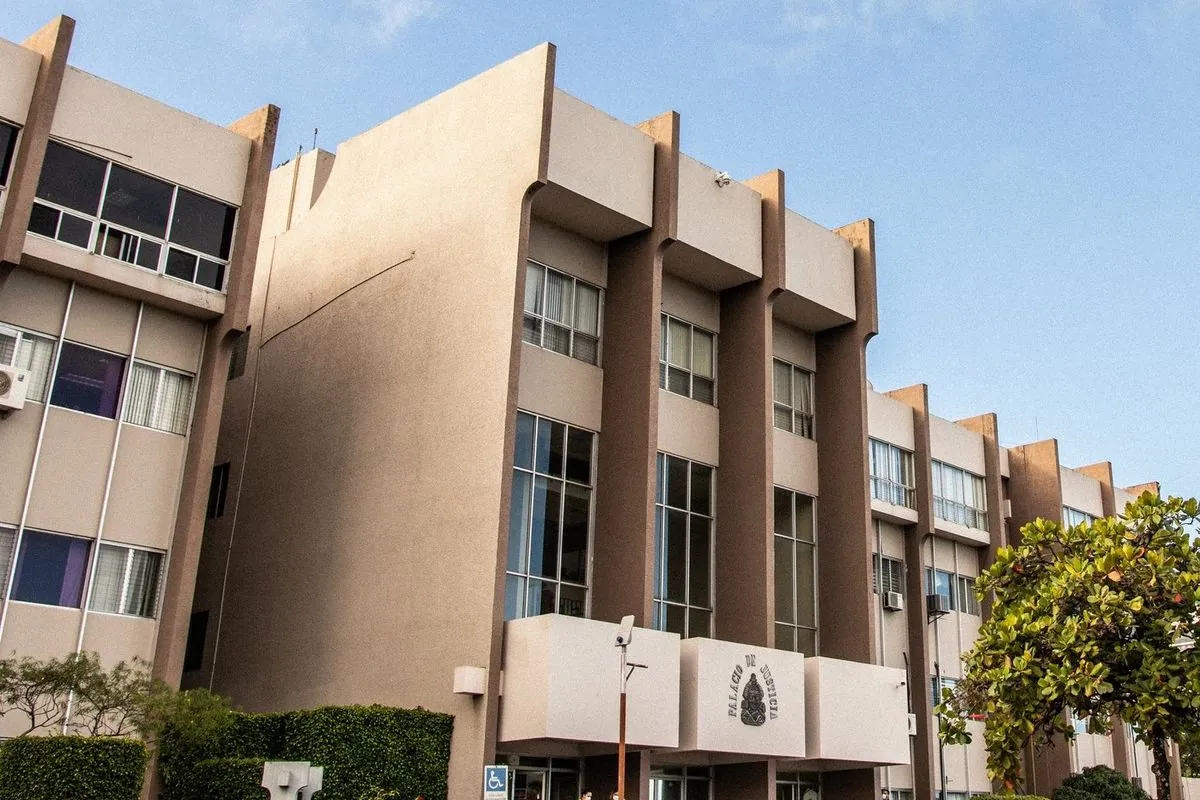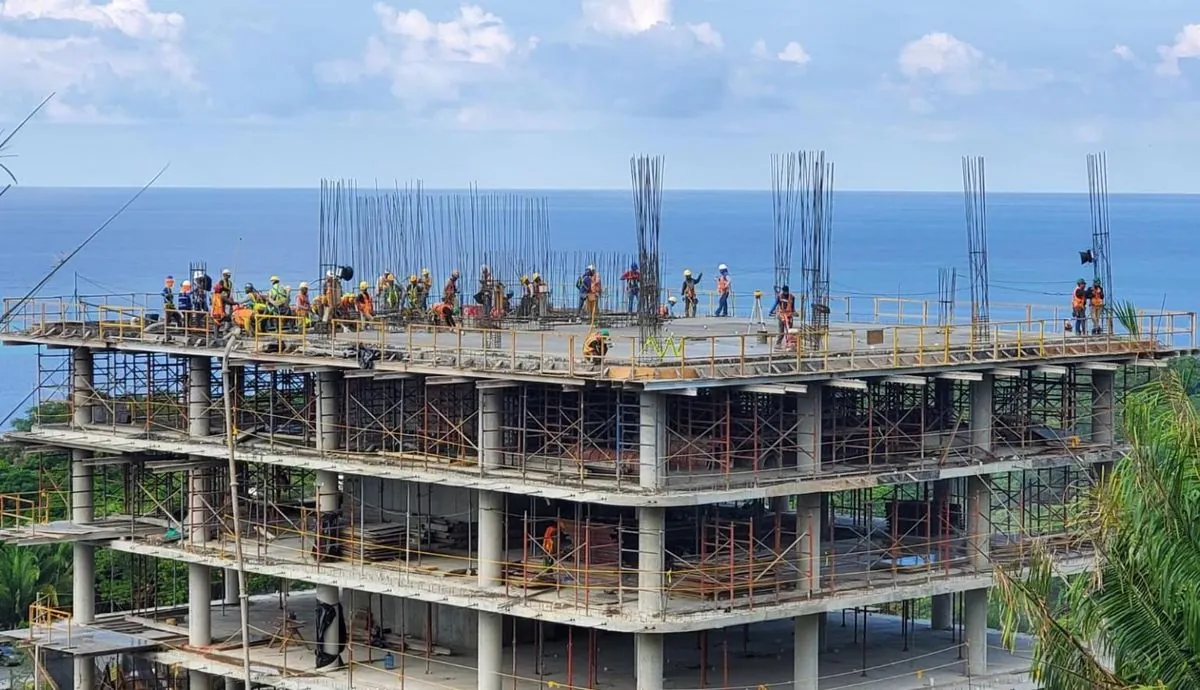Honduras Supreme Court Strikes Down Special Economic Zone Laws
Honduras' top court declares laws creating tax-exempt economic zones unconstitutional. The ruling affects foreign investments and may impact existing zones, with further clarification pending.

In a significant legal development, the Supreme Court of Honduras has ruled that laws permitting the establishment of special economic zones, known as ZEDEs (Zones for Employment and Economic Development), are unconstitutional. This decision, made on September 20, 2024, marks a turning point for the Central American nation's economic policy and foreign investment landscape.
ZEDEs, introduced approximately a decade ago, were designed as semi-autonomous regions within Honduras that operated under distinct regulatory frameworks and tax structures. These zones were granted 50-year concessions, aiming to boost investment and create jobs by offering favorable conditions to foreign investors.
The court's ruling specifically targets the legislation that enabled the creation of ZEDEs, as well as related constitutional reforms. According to court spokesman Melvin Duarte, the decision was based on the violation of constitutional articles considered "written in stone," emphasizing the fundamental nature of the principles in question.

This legal action aligns with the stance of the current leftist President Xiomara Castro, who has advocated for the abolition of these zones, citing concerns over national sovereignty. The ruling effectively prohibits the establishment of new ZEDEs and casts doubt on the future of existing ones.
Honduras, a country with a population of approximately 9.5 million as of 2024, has long sought ways to stimulate its economy and address challenges such as poverty and unemployment. The ZEDE initiative was one such attempt to attract foreign capital and expertise. However, the concept has been controversial since its inception.
The Supreme Court's decision reflects a complex balancing act between economic development and constitutional integrity. While ZEDEs were seen by some as innovative "start-up cities" that could drive growth, critics argued that they undermined national laws and sovereignty.
"We must protect our national sovereignty and ensure that all economic activities within our borders adhere to Honduran law."
It's worth noting that Honduras has a diverse economy, with agriculture, manufacturing, and services as key sectors. The country is known for its coffee exports and is part of the Central America-4 Border Control Agreement, which allows free movement between Honduras, El Salvador, Guatemala, and Nicaragua.
The fate of existing ZEDEs remains uncertain. The court has indicated that an "explanatory addendum" will be necessary to address the status of operational zones. This leaves investors and businesses within these areas in a state of limbo, awaiting further clarification on how the ruling will be implemented.
As Honduras navigates this legal and economic transition, it must balance its desire for foreign investment with the need to maintain constitutional integrity and national sovereignty. The outcome of this ruling could have far-reaching implications for the country's economic strategy and its relationship with international investors.


































